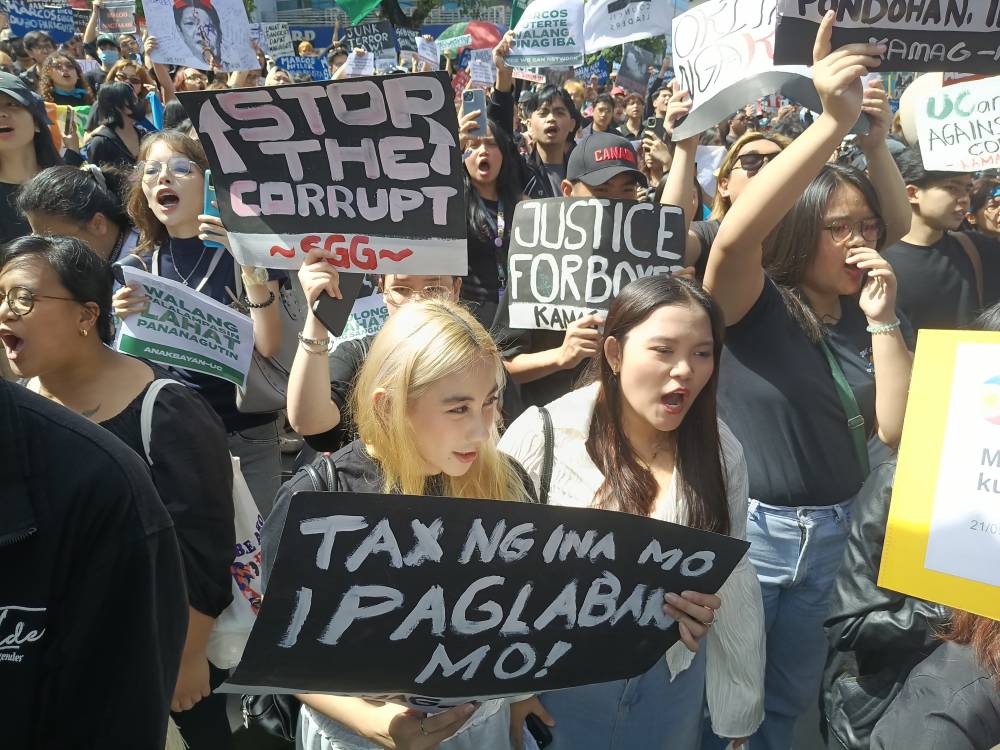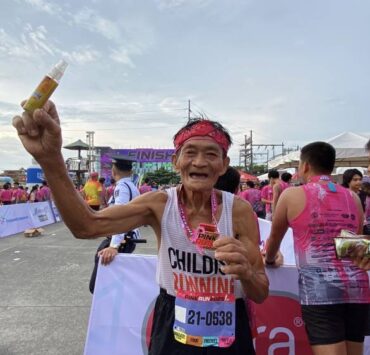Baguio activists eye human rights cities network in Luzon

BAGUIO CITY—Activists in the summer capital are developing a network of human rights cities across the country, beginning with northern Luzon, where civil rights protections and guarantees will help shape local governance.
This was revealed at a City Hall roundtable discussion among militant groups and university law school professors on Sept. 30, as a prelude to the formation of a task force that would oversee the Baguio law shielding “human rights defenders” from harassment.
Audrey Beltran, vice chair of the Cordillera Human Rights Alliance, introduced a three-year-long project to harness the participation of civil society organizations in building human rights cities, with Baguio as a model community.
In 2024, the Baguio City Council passed Ordinance No. 78-2024, or the Human Rights Defenders Ordinance, to provide protection for anyone who is vilified in the course of discussing or promoting issues affecting civil rights. It has mechanisms for redress that punish offenders—even those employed by the government—in line with Baguio’s rebranding as an inclusive human rights city in 2023.
The city government has also been enforcing an antidiscrimination law (Ordinance No. 13-2017), which makes Baguio a safe space from hate speeches, political vitriol and other forms of discrimination against people because of their ethnicity, gender and political orientation.
Veteran activist Joanna Cariño, a Baguio Ibaloy, said laws like Ordinance No. 78 do not immediately end Red-tagging and other forms of attack against dissenters, citing an ongoing court trial involving four Baguio activists who sued government entities to remove their designation as “terrorists.”
This time, however, the Baguio laws show activists that the Baguio government “has their back,” said Cariño, with the city council expressing outrage when local activists were targeted by the government.
Baguio’s human rights defenders ordinance and similar civil rights laws are what local activists want to see in other urban areas as they pursue a network of cities “that integrate human rights principles in their governance, policies and communities … to ensure equality, nondiscrimination and participatory democracy, “ according to a project outline discussed by Beltran.
‘Interrelated’
“A major part of the (human rights cities) project is to expand human rights education, to partner with other organizations and establish initiatives for human rights legislation in the cities or set the discourse that would shape rights-based policies in the future,” Beltran said.
The project builds upon Article 11, Section 11 of the 1987 Constitution that was crafted following the peaceful ouster of the Marcos dictatorship: “The State upholds human dignity and ensures full respect for human rights.”
The project aspires for a collaboration among human rights cities where “human rights are universal, interdependent, and interrelated. “
It will be undertaken until 2028 by the Cordillera Women’s Education Action Research Center, the Cordilleran Youth Center and the Katinnulong Dagiti Umili Ti Amianan Inc. These Baguio-based groups participated in Fianza’s roundtable talks.
Started in January, the human rights cities project has focused on civil society groups operating in Baguio, in Kalinga’s Tabuk City, San Fernando City in La Union and in Santiago City in Isabela.
Unique
Ordinance No. 78 is the fourth human defenders measure to be enacted in the country, Cariño said, but it is unique because of a provision that acknowledged the existence of Red-tagging as a threat and which penalizes offenders when the Red-tagging attacks occur within city jurisdiction. Baguio Mayor Benjamin Magalong, who signed the ordinance in December last year, was himself Red-tagged multiple times by a former official of an anticommunist government task force.

















